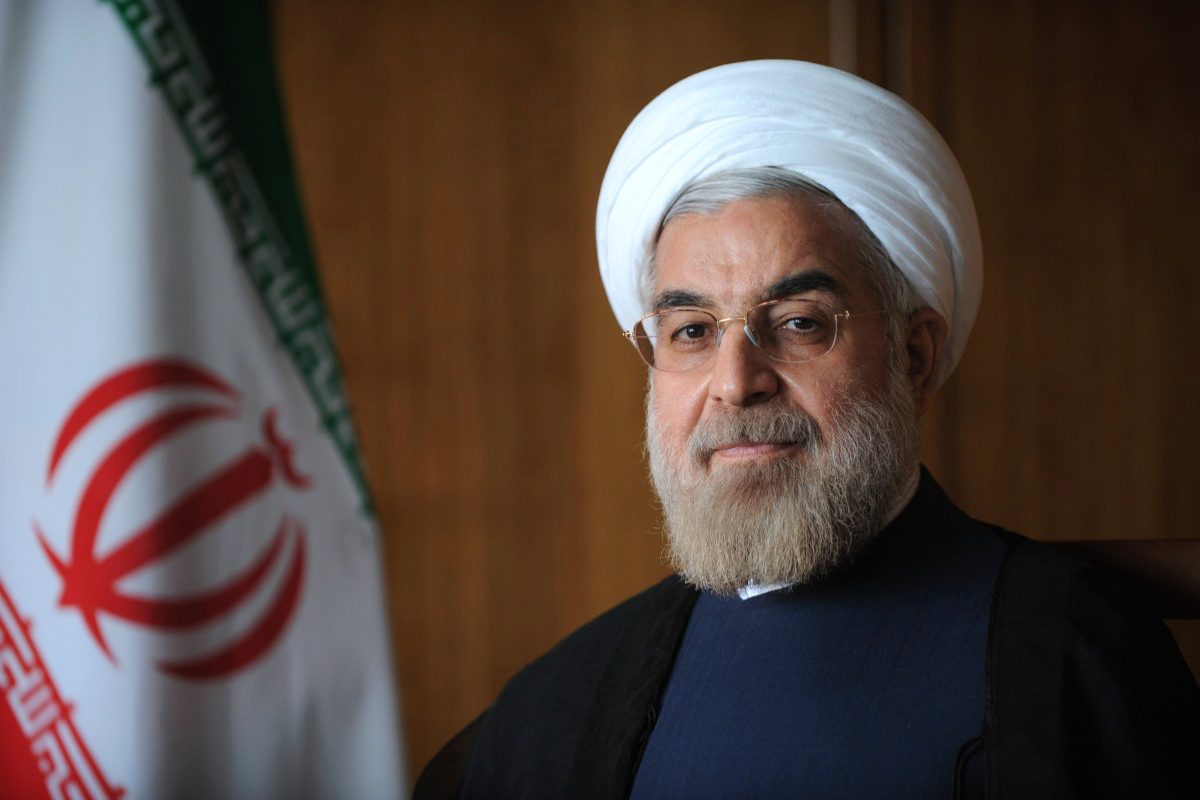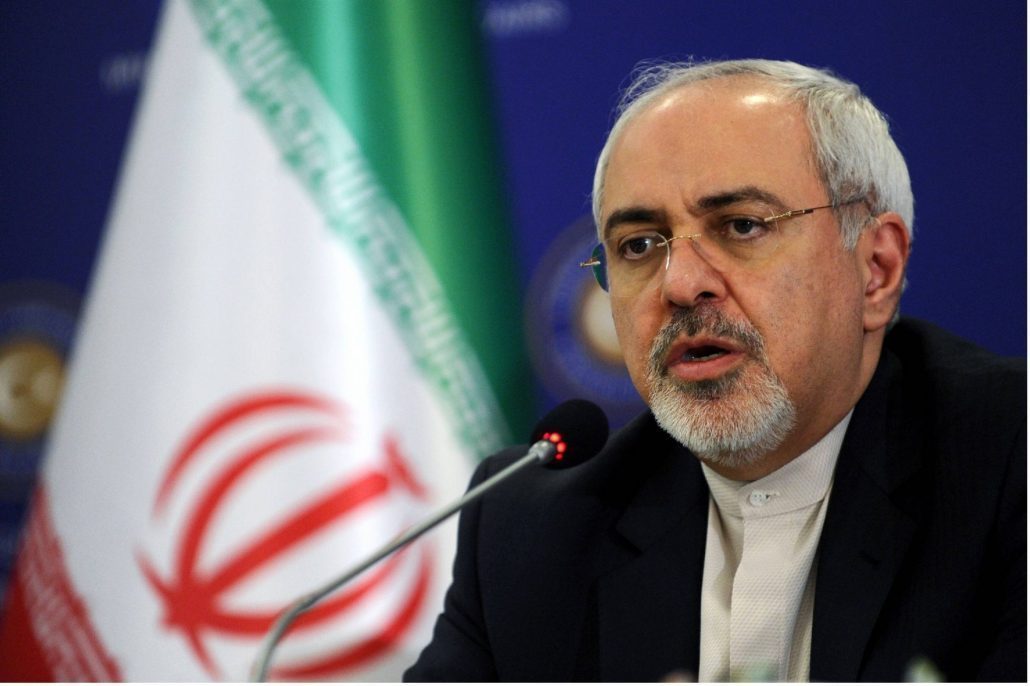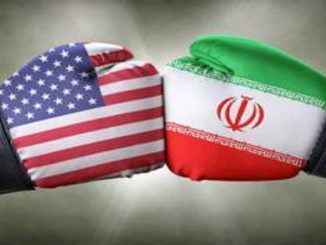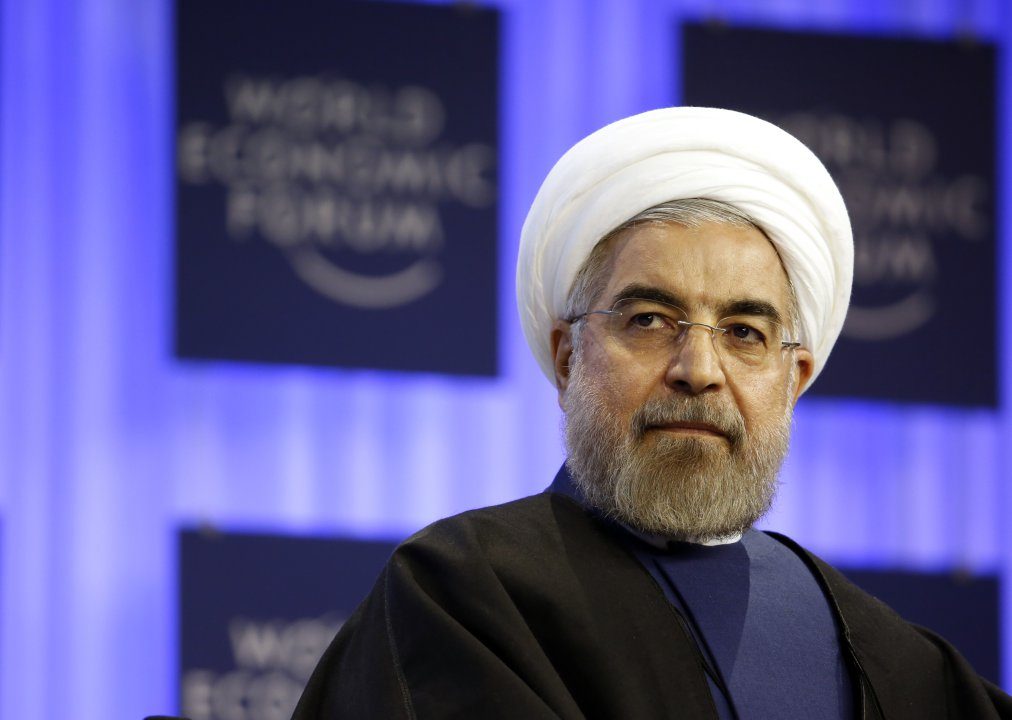
A year after Iran’s nuclear deal with the West, conservitives are gaining authority in a backlash against pragmatic President Hasan Rouhani that his allies say could leave him sidelined or push him out of power in an election next year.
Rouhani, who was elected in a landslide in 2013 on a promise to reduce Iran’s diplomatic isolation, delivered the agreement that resulted in a lifting of financial sanctions in return for curbs on Tehran’s nuclear program.
The deal had the grudging approval of Supreme Leader Ali Khamenei, the arch-conservative in office since 1989, whose ultimate authority outranks that of the elected president.
But now that the negotiations are over, Rouhani’s supporters say that Khamenei and his followers are trying to restrict the president’s authority or replace him. In the face of such pressure, Rouhani himself may decide not to stand again.
Already, hardliners are blaming the president’s faction for the failure of the deal to deliver a swift improvement in living standards, at a time when prices for oil exports are low and promised foreign investment has yet to arrive.
“The political infighting has intensified in Iran. The legitimacy of the establishment is at stake,” said a senior official, who asked not to be identified.
“It will deepen further until the presidential election next year,” the official said, adding that Rouhani himself now had “serious doubts about running for a second term”.
Rouhani’s allies believe his personal popularity and the prospect of Iran coming out of its political and economic isolation have panicked hardline allies of Khamenei, who fear losing power and aim to bring the presidency to heel.
“Hardliners want a president who is closer to their camp and gets his directions from Khamenei’s allies,” a reformist former official said, speaking on condition of anonymity like other figures within Iran contacted for this story.
“If they fail to find a candidate, then they will impose more limits on Rouhani in his second term.”
“REVOLUTIONARY IDEOLOGY”
Iran’s political system allows elections for president and parliament, but gives a hardline watchdog body power to veto laws and decide which candidates may stand.
Since taking over from the Islamic Republic’s founder Ayatollah Rouhollah Khomeini, Khamenei, now 76, has made sure that no group, including among his own hardline allies, has gained enough power to challenge his authority.
Khamenei’s allies control the bulk of financial resources as well as the judiciary, the security forces, public broadcasters and the Guardian Council which vets laws and election candidates.
“Khamenei’s ideal set-up is to have weak presidents who can be held accountable for the frustrations and economic malaise that many Iranians feel,” said Iran analyst and senior associate at the Carnegie Endowment for International Peace Karim Sadjadpour.
What mattered most for Khamenei was not “the support of the electorate, but the support of the protectorate,” he said.
“Khamenei can live without the admiration and social media likes of Iran’s urban sophisticates, but not without the loyal support of 150,000 Revolutionary Guardsmen and their Basij henchmen,” said Sadjadpour, referring to an elite military force and its affiliated militia.



